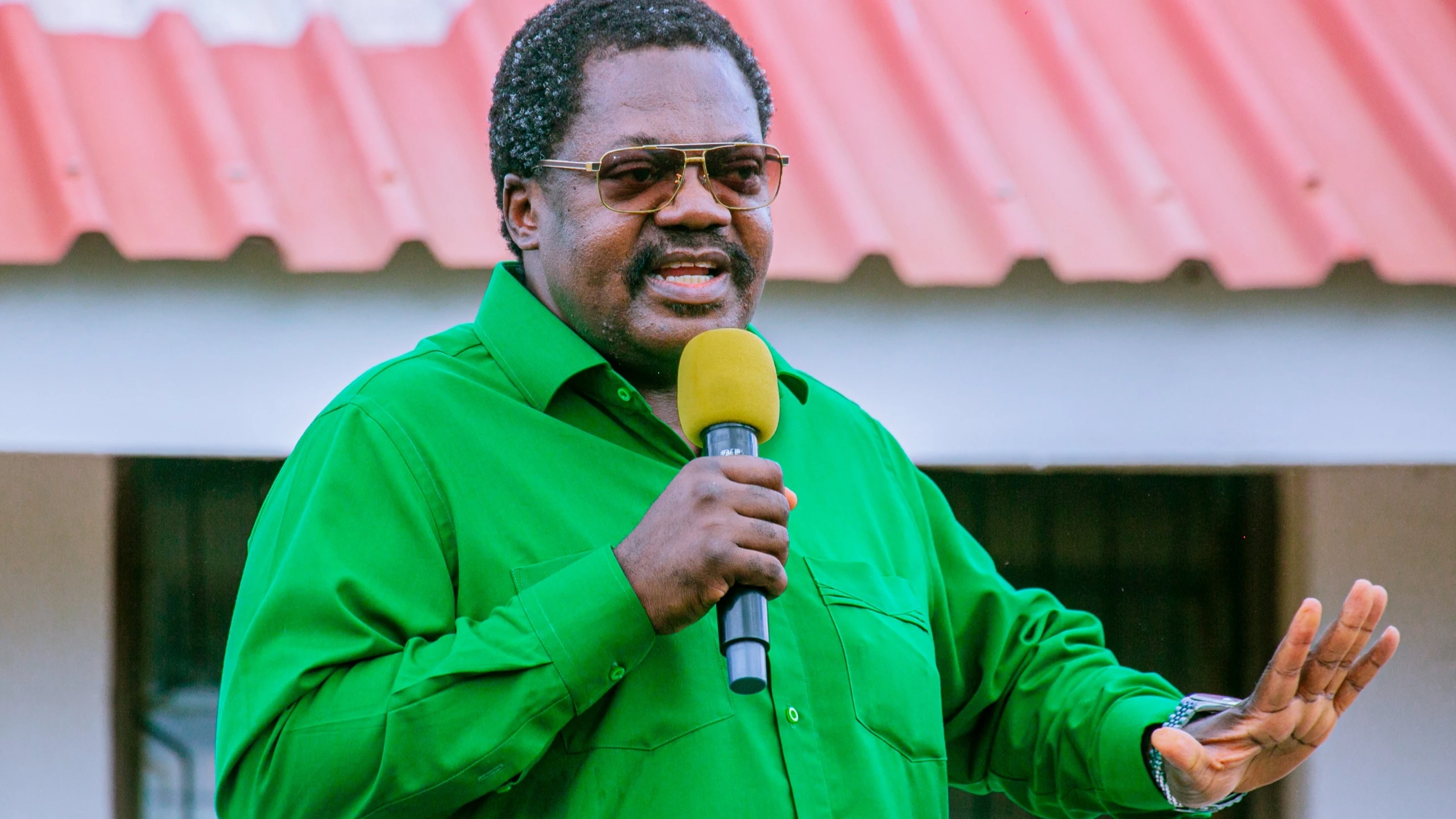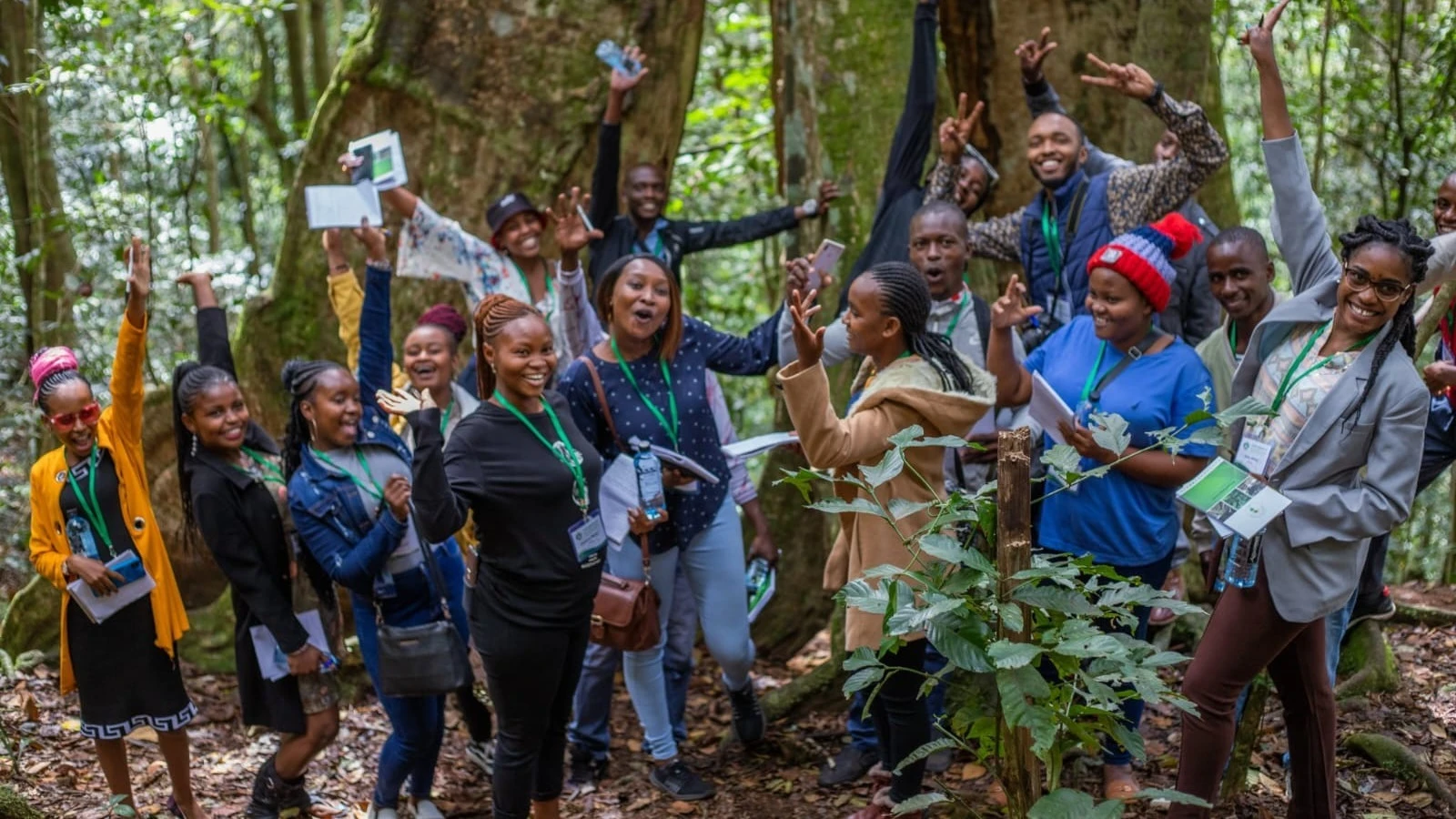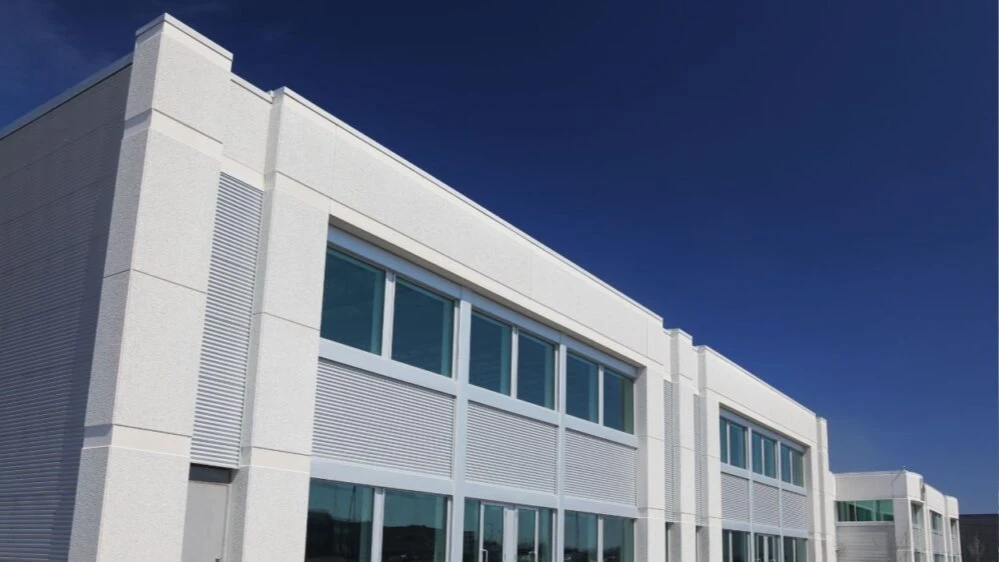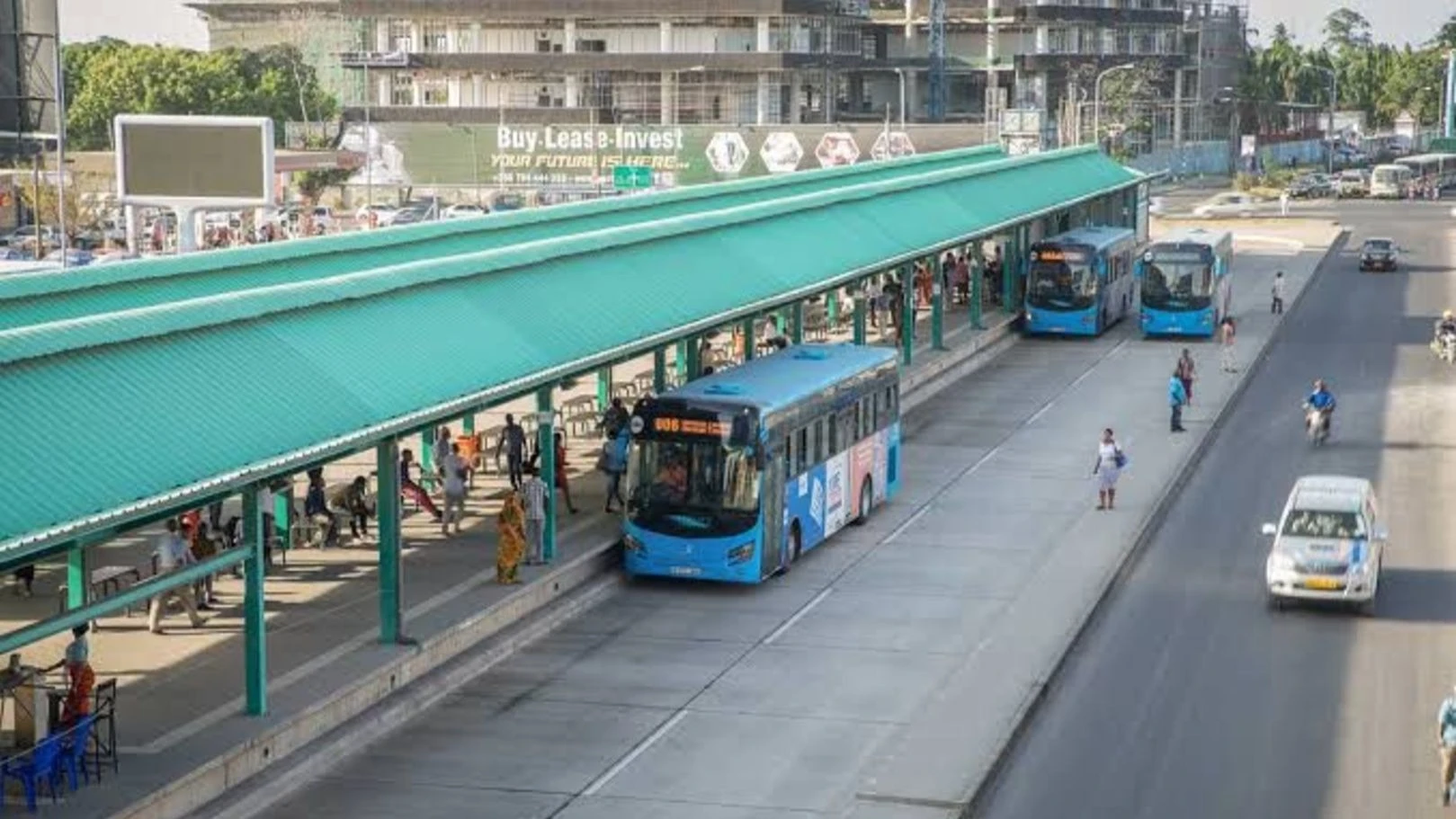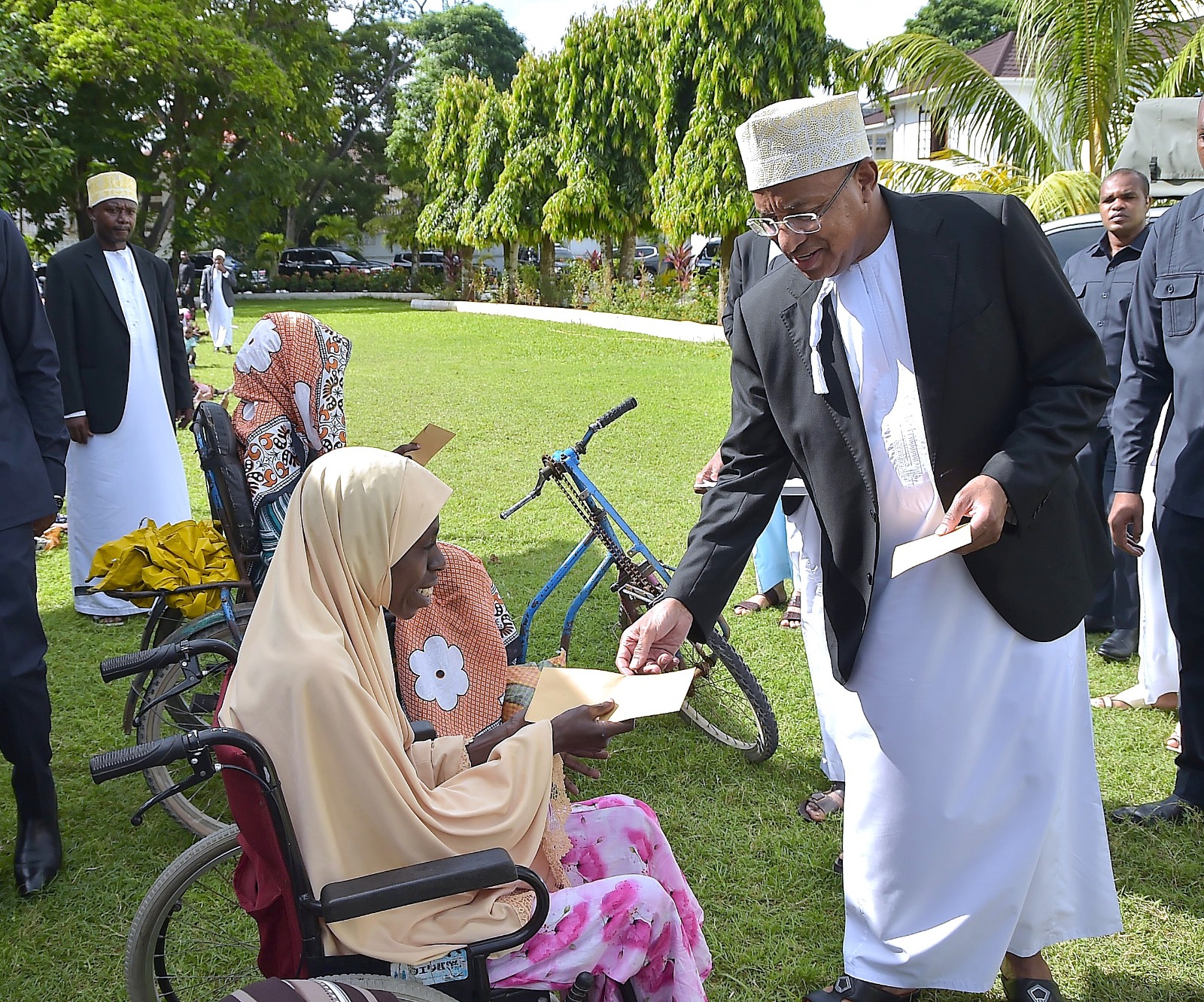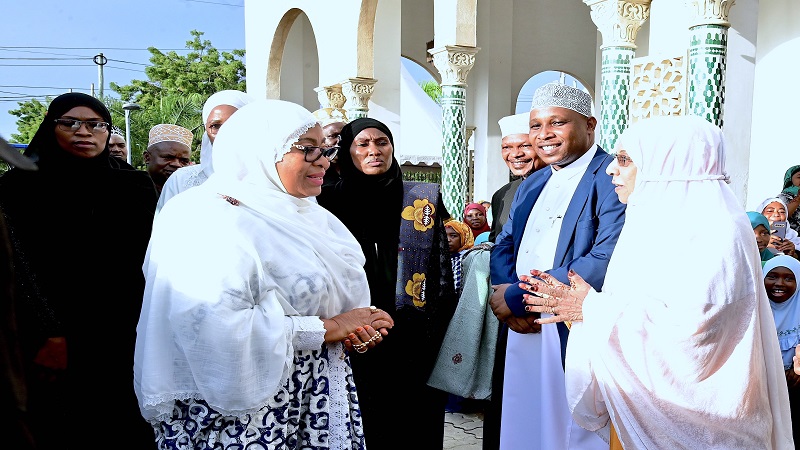The vital role of faith-based facilities in strengthening healthcare systems
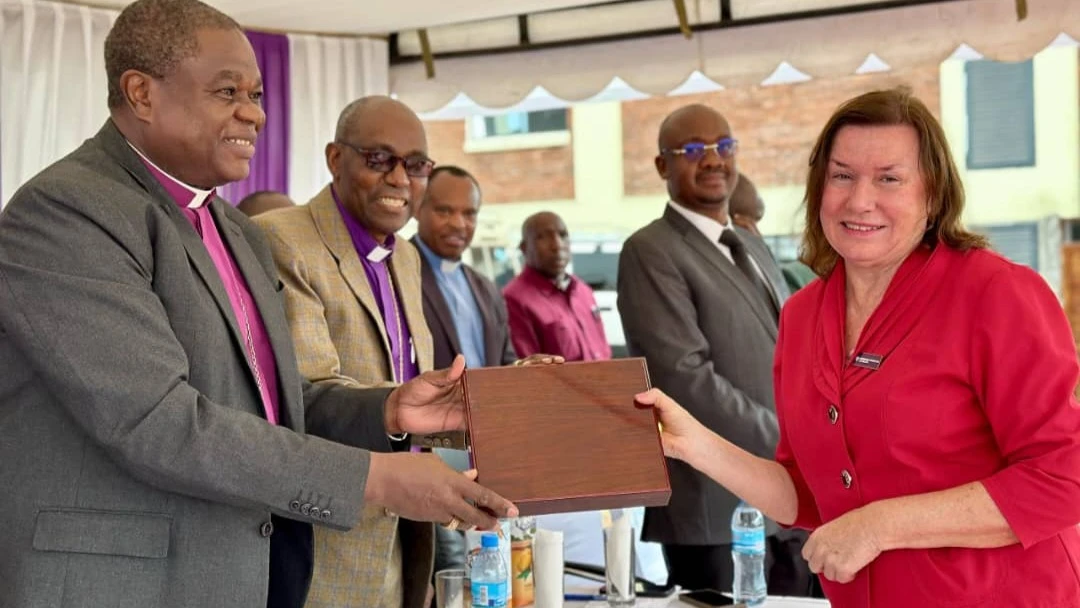
FOR seven decades, Haydom Lutheran Hospital (HLH), a faith-based facility, has been a pillar of hope and healing for communities in Manyara and neighbouring regions. The hospital plays a vital role in complementing government efforts, ensuring that vulnerable populations receive the quality healthcare they need.
From its humble beginnings, HLH has grown into a regional referral hospital and a center of medical excellence, providing essential healthcare to thousands of patients annually. “This hospital embodies the values of compassion, dedication, and inclusivity,” said Bishop Nicolous Nsangazelu of the Evangelical Lutheran Church of Tanzania (ELCT) Mbulu Diocese.
Speaking at the hospital’s 70th-anniversary dialogue, themed The Role of Faith-Based Hospitals in Strengthening Health Systems for Communities in Manyara, Bishop Nsangazelu emphasized the hospital’s legacy of service. “It has been a safe place for the sick, a place of learning for medical professionals, and a home for those in need of care, regardless of their background or financial means,” he added.
The hospital has been a model of selfless service, extending beyond healthcare by drilling boreholes for clean water, building homes for families in need, constructing roads and bridges, and providing food to local communities.
Challenges and resilience The government has long recognized HLH’s contributions and continues to support its mission. However, Bishop Nsangazelu acknowledged that the hospital has faced significant challenges over its 70-year journey, including financial constraints, evolving clinical demands, and shifts in government policies from both donors and Tanzania itself.
Despite these obstacles, HLH has persevered through God’s help and the unwavering support of donors, steadily growing and enhancing its services. Dr. Mathew Method, the Regional Medical Officer (RMO) of Manyara, highlighted the crucial role of Faith-Based Organizations (FBOs) in bridging healthcare gaps, particularly in underserved areas.
“FBOs serve as a vital support system in areas where public healthcare is limited by providing direct services, community trust, education, financial support, and advocacy,” Dr Method stated. HLH has been at the forefront of delivering affordable, high-quality services to a significant portion of the population.
In collaboration with regional and council authorities, the hospital has extended its reach to remote communities, ensuring equitable access to healthcare. Dr Method further emphasized HLH’s contributions in areas such as community engagement, health education and advocacy, emergency response, disaster relief, and policy advocacy.
“HLH is among the FBOs playing a significant complementary role in serving underserved communities,” he noted. Additionally, the hospital’s research initiatives have transformed healthcare for marginalized populations by ensuring interventions are based on real world data. Strengthening partnerships for a sustainable future Norwegian Church Aid (NCA) Country Director Berte Marie reaffirmed NCA’s commitment to supporting HLH’s mission.
“We are deeply proud to have played a role in supporting the hospital’s mission, and we will continue to stand by you in the years to come,” she said. NCA has partnered with HLH since 2003 and managed Norad grants from 2015 to 2024. Looking ahead, HLH has been included in a new five-year agreement with Norad (2025-2029), securing NOK 32 million (approximately 8bn/-).
Through Norad funding, NCA has successfully supported the Safer Births Bundle of Care program, significantly improving maternal and newborn health outcomes. In 30 hospitals where the program was implemented, maternal deaths dropped by 75 percent and newborn deaths by 40 percent.
Over 140 health facilities have benefited from trained staff, and the program is now expanding to Borno State, Nigeria. “Our partnership is built on a shared vision: ensuring access to quality healthcare for all, especially the most vulnerable,” Marie affirmed. HLH Executive Director Dr Pascal Mdoe highlighted the hospital’s holistic approach to healthcare since its inception in 1955.
Others are acquisition of modern medical equipment such as CT scanners, endoscopes, digital X-rays, ultrasound machines, and gene-sequencing technology, offering of specialized services in obstetrics, gynecology, surgery, pediatrics, urology, radiology, and ophthalmology as well as expansion of research activities and collaborations with partners, friends and the government.
Despite its successes, the hospital faces several challenges, including aging infrastructure with high maintenance costs, declining donor support, slow enrollment in health insurance schemes, affecting affordability. To mitigate these challenges, the hospital is focusing on modernizing infrastructure, diversifying funding sources, and advocating for Universal Health Insurance implementation. The hospital was established in 1955 with just 50 beds.
Today, it serves thousands annually, including 25,000 pregnant women, 35,000 births, 80,000 children vaccinated, and 100,000 outpatients. Over the years, the hospital has expanded its facilities to meet growing healthcare needs, adding specialized clinics for eye care, epilepsy, diabetes, psychiatric services, and substance abuse treatment. In 2005, it acquired its first CT scanner, a jubilee gift from Norwegian “Friends of Haydom,” marking a milestone in its medical advancements.
The hospital remains committed to its mission of providing compassionate, high-quality healthcare to all, ensuring that no one is left behind.
Top Headlines
© 2025 IPPMEDIA.COM. ALL RIGHTS RESERVED











